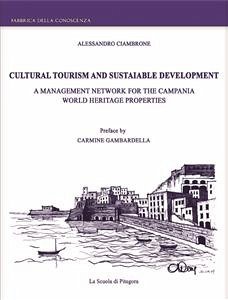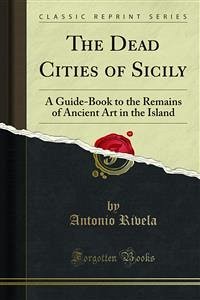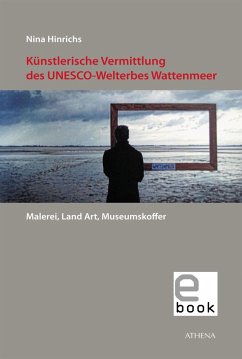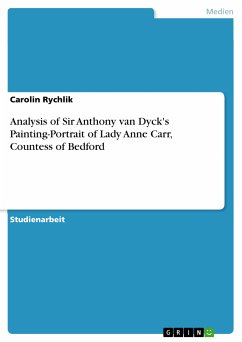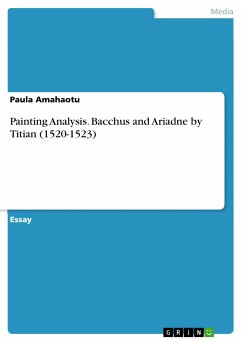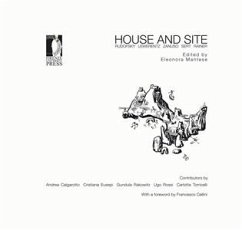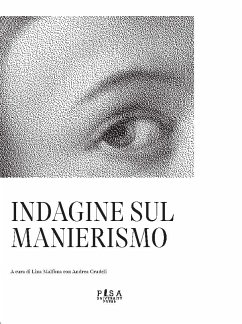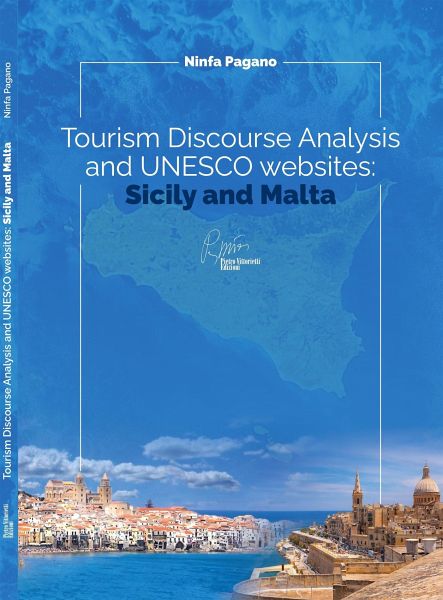
Tourism Discourse Analysis and UNESCO websites: Sicily and Malta (eBook, PDF)
Sofort per Download lieferbar
7,99 €
inkl. MwSt.

PAYBACK Punkte
0 °P sammeln!
The present study addresses readers who, due to study or research reasons, need to expand their competence as for the use and application of English tourism discourse, (Dann, 1996; Gotti, 2006) and, more specifically, the use of English as specialised the web for promotional purposes (Maci, 2013; Manca. 2016a). Today English is spoken by 1.4 billion people, who use it as a tool to communicate in business transactions, research, diplomacy, sport, etc. and above all onthe internet. Likewise, a recent study by the European Commission (ELAN report) has emphasised that every year a remarkable numbe...
The present study addresses readers who, due to study or research reasons, need to expand their competence as for the use and application of English tourism discourse, (Dann, 1996; Gotti, 2006) and, more specifically, the use of English as specialised the web for promotional purposes (Maci, 2013; Manca. 2016a). Today English is spoken by 1.4 billion people, who use it as a tool to communicate in business transactions, research, diplomacy, sport, etc. and above all onthe internet. Likewise, a recent study by the European Commission (ELAN report) has emphasised that every year a remarkable number of job opportunities is missed as a direct consequence of the candidates’ lack of adequate linguistic and intercultural competence. Such limited competence is due not so much to the lack of appropriate linguistic training, but rather to a concept of competence which is quite ‘outdated’, compared to current job market needs. The competence required today does not only relate to levels of ‘general English’ but is rather more technical, one that is more adequate to each individual professional field.
Consequently , the present study tries, at least only in part, to address a gap in this sector.
Consequently , the present study tries, at least only in part, to address a gap in this sector.




